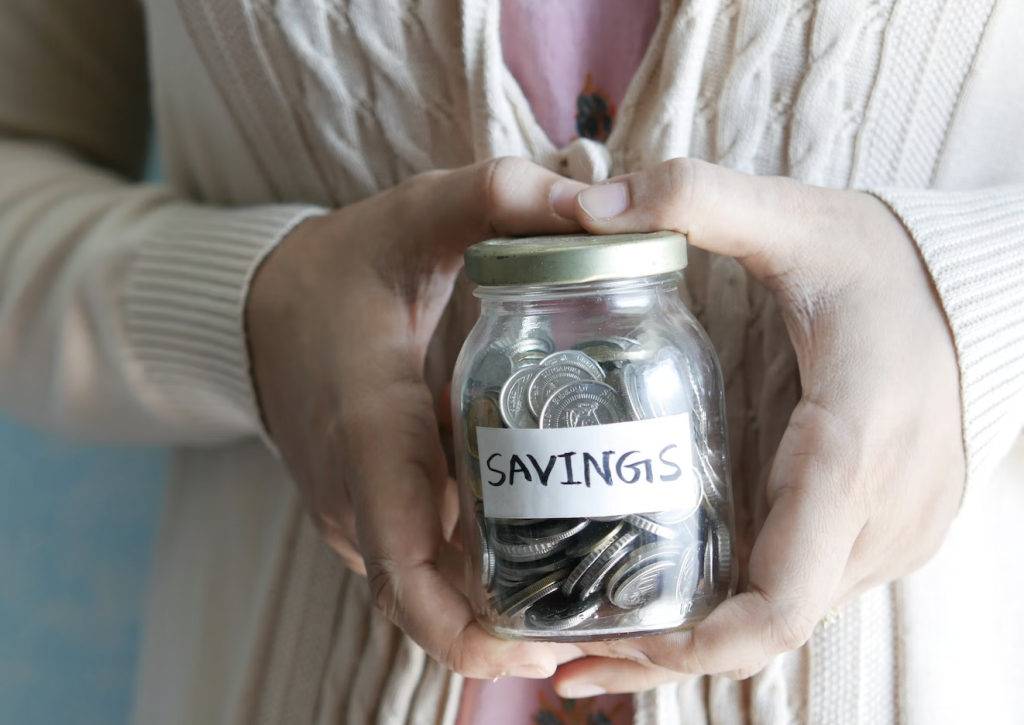How The Pandemic Fundamentally Changed The Way People Look At Their Personal Finances
One of the biggest shifts that took place during the pandemic in terms of the way people handle their personal finances is their willingness to start saving money in an emergency fund.
This article is more than 2 years old

The Covid pandemic significantly impacted nearly every part of our lives, including how we approach our personal finances. So, the good news is that if you fall into that category, you are not alone. It turns out that a large portion of American adults did an about-face on their finances in the last few years.
One of the most impactful ways the pandemic altered our approach to personal finance is emergency savings. Before Covid, many adults had no desire to set aside money specifically for an emergency, especially if it wasn’t accruing any interest. Now the widespread shutdowns forced many to change their tune on the matter.
Jill Schlesinger, a certified financial planner, told NPR that before the pandemic, “People would yell at me and say, ‘How can you tell people to keep six to 12 months of their living expenses in an account that’s paying no interest?'” But she has seen a recent shift. She says that these days, “I think post-pandemic, more people understand that having an emergency reserve fund — having access to money that you can rely on — has become number one, two, and three.”
But that’s not the only major shift in personal finance post-pandemic. According to Schlesinger, people now have an interest in their estate planning. That wasn’t the case before Covid.
Another major shift was the realization that maybe money and a career that made people unhappy were not the only routes. The pandemic era saw the rise of The Great Resignation. And Schlesinger believes that it has something to do with what employees are willing to tolerate before they leave a work situation that makes them miserable.
She refers to these as “triggers.” Before the pandemic, “Most people had a career and predictable trajectory to retirement that they did their best to stick to. There were usually only a handful of life events that could shift people from that trajectory.”
And now … more people are willing to make a big move for seemingly “smaller” reasons. Those may include factors like isolation, mental health, or problems at work. The pandemic shutdowns and dramatic shifts in our working environment forced many people to face their fears.
Often that step led to life-altering decisions, many of which were good news. And the reality is that some of these decisions were for the better. It just took a major event to get us to face our fears and finally make a decision.
So, if you are still contemplating that big move or your dream future, that’s ok. Schlesinger has advice that may help. In her opinion, there is now much more to consider when evaluating your personal finance objectives.
“Now it’s okay to look at your career goals and your financial plans for retirement and all the rest of it and say … What about me? Where does my in-the-moment happiness fit into this?”
Let those questions help inform your future personal finance decisions, at least in part. If there was one thing that Covid taught us, it is that there is more to life than just working toward retirement. The good news is that it is possible to find a balance if you are willing to look.



